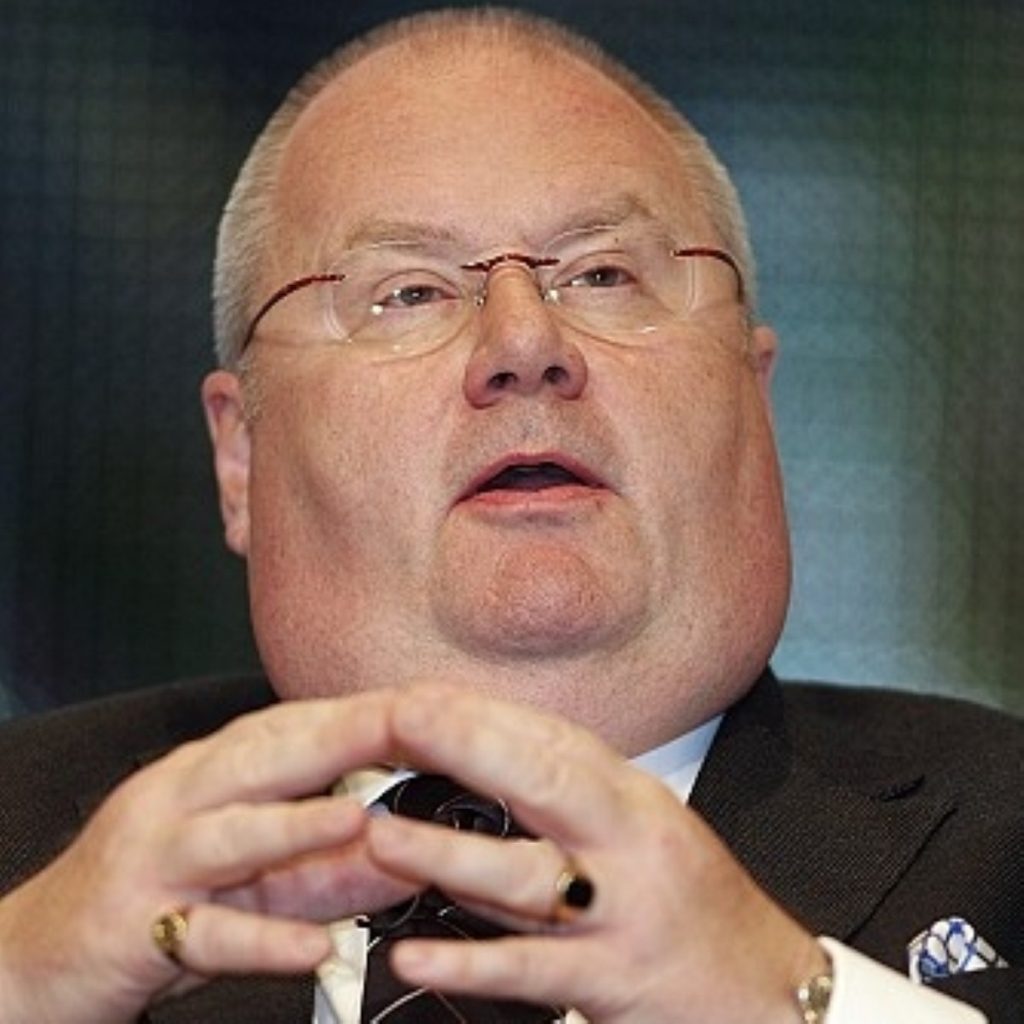Big society bill ‘hands more power to ministers’
By Ian Dunt
A government bill designed to devolve power to local communities actually hands ministers significant new powers, Labour has claimed.
Speaking ahead of the second reading of the government’s flagship localism bill, shadow communities secretary Caroline Flint said her opposite number Eric Pickles, would gain substantial new powers under the law.
These include setting the date of mayoral elections, shortening mayoral terms and regulating the appointment of mayoral assistants.


Establishing council tax level precedents, setting the threshold for petitions to local government and either forcing local councils to switch to a mayoral system or to have a referendum on switching will all also fall under ministerial control, according to Labour.
“The Tory-led government’s claim to support localism is a sham. Despite their promise to devolve power to communities and local authorities, they’re actually taking power away from local people and giving more to Whitehall ministers,” Ms Flint said.
“Not only does the localism bill propose giving ministers over 100 new powers, it also places extra burdens on local government when councils up and down the country are already being weighed down with Pickles’ diktats telling them what to do.
“At the same time, councils up and down the country are being hit by the Tory-led government’s reckless frontloaded cuts, hitting local jobs, economic growth and the vital frontline services people rely on.”
Mr Pickles says the bill will hand individuals, communities and local councils powers that originally been monopolised by central government.
In a mirror image of efforts at the Department of Health to prove how many GP consortia, foundation trusts, hospital trusts, local authorities and voluntary organisations are supporting NHS reforms, Mr Pickles unveiled a list of organisations backing the reform.
The list included business leaders, planning professionals, local authorities and community groups.
The bill was designed to “fundamentally shake up the balance of power in this country” Mr Pickles insisted.
“It represents everything this government stands for and is the cornerstone for everything we want to do. It will revitalise local democracy and put power back where it belongs – in the hands of the people.”












